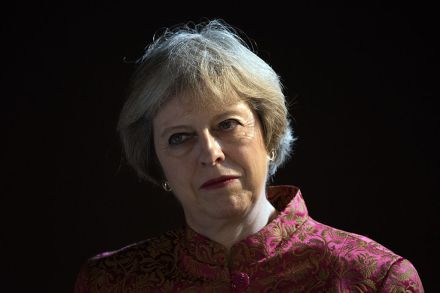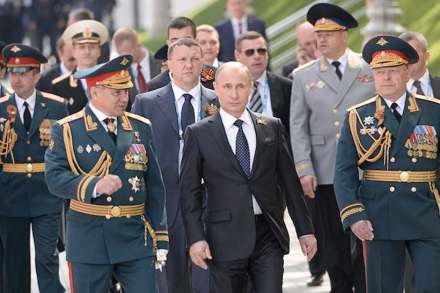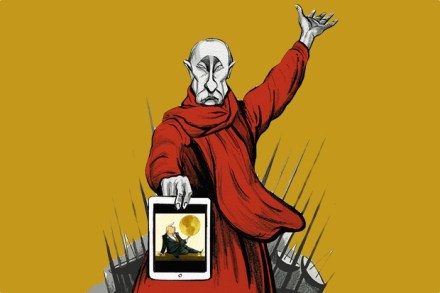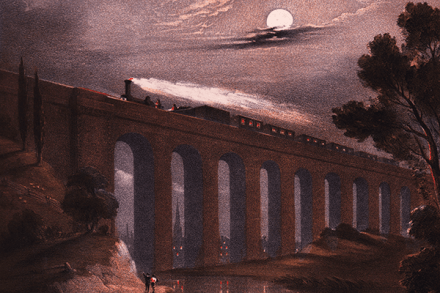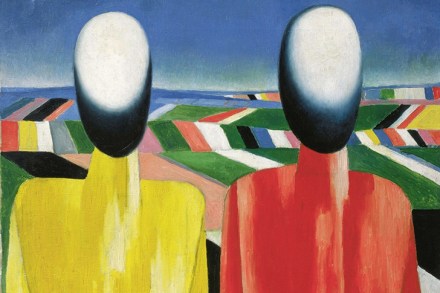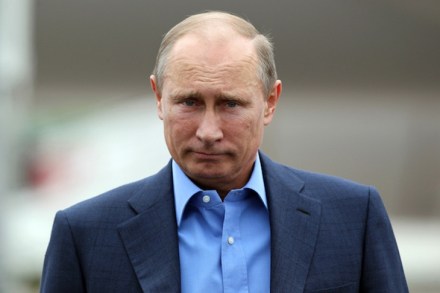What message do Trump’s missiles really send?
Let me take this opportunity to join with our Prime Minister and Foreign Secretary in commending President Trump’s swift and decisive military action against the Syrian government as being ‘appropriate’ — one of my favourite words and one which I like to use every day, regardless of whether it is appropriate to do so. The important thing was not of course the destruction of a few Syrian planes and, collaterally, a few Syrian children. The crucial point is that this moderate and judicious use of expensive missiles ‘sends out a message’ to President Assad. And the message is very simple. We will no longer tolerate Syrian children being killed by


